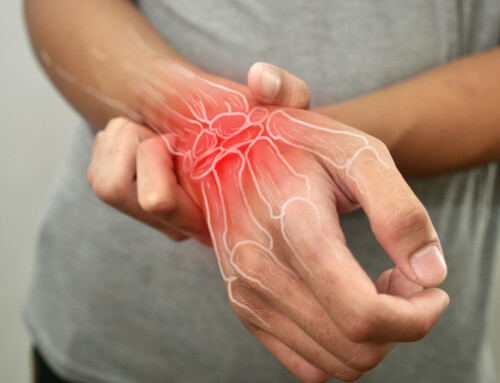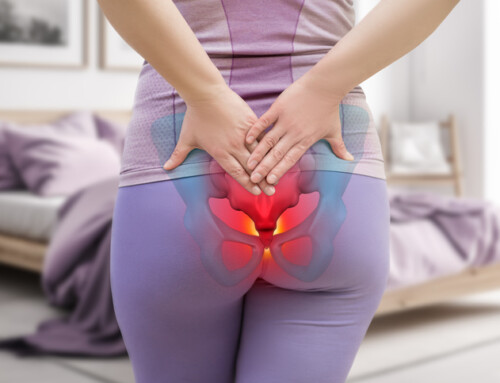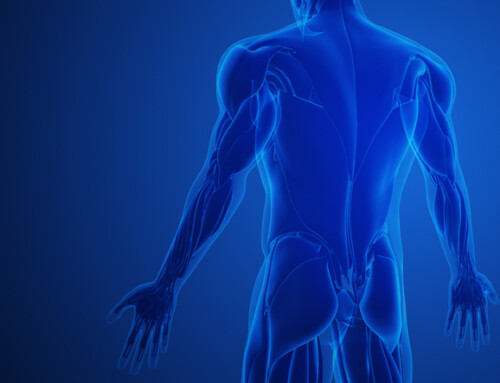by Kalee Henning, SPT
Sleep and Overall Health
Adequate sleep is an important pillar of overall health, however, according to the National Institutes of Health (NIH) approximately 50-70 million Americans suffer from some degree of disordered sleep and wakefulness. Sleep has an important role in tissue healing, pain modulation, heart health, and your ability to think, process, and remember information. Consistently banking inadequate sleep at night can increase your risk for chronic disease such as hypertension, diabetes, or obesity. Sleep deficit can also put you at an increased risk for heart attack and stroke.
Sleep and Physical Therapy
Sleep or a lack thereof can affect your treatment in various ways, including how you experience pain, levels of inflammation, and how your muscles are able to recover after exercise. Lack of sleep can lead to heightened pain perception and reduced ability to learn new motor skills. This manifests during your appointment as an inability to progress exercises due to increased pain and requiring more time for your body to learn new movements or movement patterns.
Circadian rhythms (our internal clock) and sleep are also involved in regulating inflammatory processes in the body, which is especially important after an injury or post-surgery. Beyond that, while we sleep our body works to help us recover from activity during the day, including exercise.
For these reasons, it can be concluded that sleep is extremely important. So, how do you know you are getting an adequate amount of quality sleep?
Step 1: Determine how much sleep is appropriate for you based on your age. This chart is based on data from a 2018 study completed by the National Institute of Health (NIH).
| Age | Hours of Sleep |
| Teenagers (14-17 years) | 8-10 hours |
| Young Adult (18-25 years) | 7-9 hours |
| Adult (26-64 years) | 7-9 hours |
| Older Adult (>65 years) | 7-8 hours |
Step 2: Follow these guidelines for better quality sleep.
- Go to bed and wake up around the same time every day
- Develop a relaxing bedtime routine
- Avoid caffeine, nicotine, and alcohol 3-4 hours before bedtime
- Avoid napping during the day
- Eliminate excessive light or noise from the area you sleep in
References
Siengsukon CF, Al-dughmi M, Stevens S. Sleep health promotion: Practical information for physical therapists. Physical Therapy. 2017;97(8):826-836. doi:10.1093/ptj/pzx057
Chaput J-P, Dutil C, Sampasa-Kanyinga H. Sleeping hours: What is the ideal number and how does age impact this? Nature and Science of Sleep. 2018;Volume 10:421-430. doi:10.2147/nss.s163071
Dzierzewski JM, Donovan EK, Kay DB, Sannes TS, Bradbrook KE. Sleep inconsistency and markers of inflammation. Frontiers in Neurology. 2020;11. doi:10.3389/fneur.2020.01042
Irwin MR, Olmstead R, Carroll JE. Sleep disturbance, sleep duration, and inflammation: A systematic review and meta-analysis of Cohort Studies and Experimental Sleep Deprivation. Biological Psychiatry. 2016;80(1):40-52. doi:10.1016/j.biopsych.2015.05.014
Dattilo M, Antunes HKM, Medeiros A, et al. Sleep and muscle recovery: Endocrinological and molecular basis for a new and promising hypothesis. Medical Hypotheses. 2011;77(2):220-222. doi:10.1016/j.mehy.2011.04.017
Ries E. Promoting sleep: Not a Leap. APTA. October 1, 2018. Accessed January 24, 2025. https://www.apta.org/apta-magazine/2018/10/01/promoting-sleep-not-a-leap.






